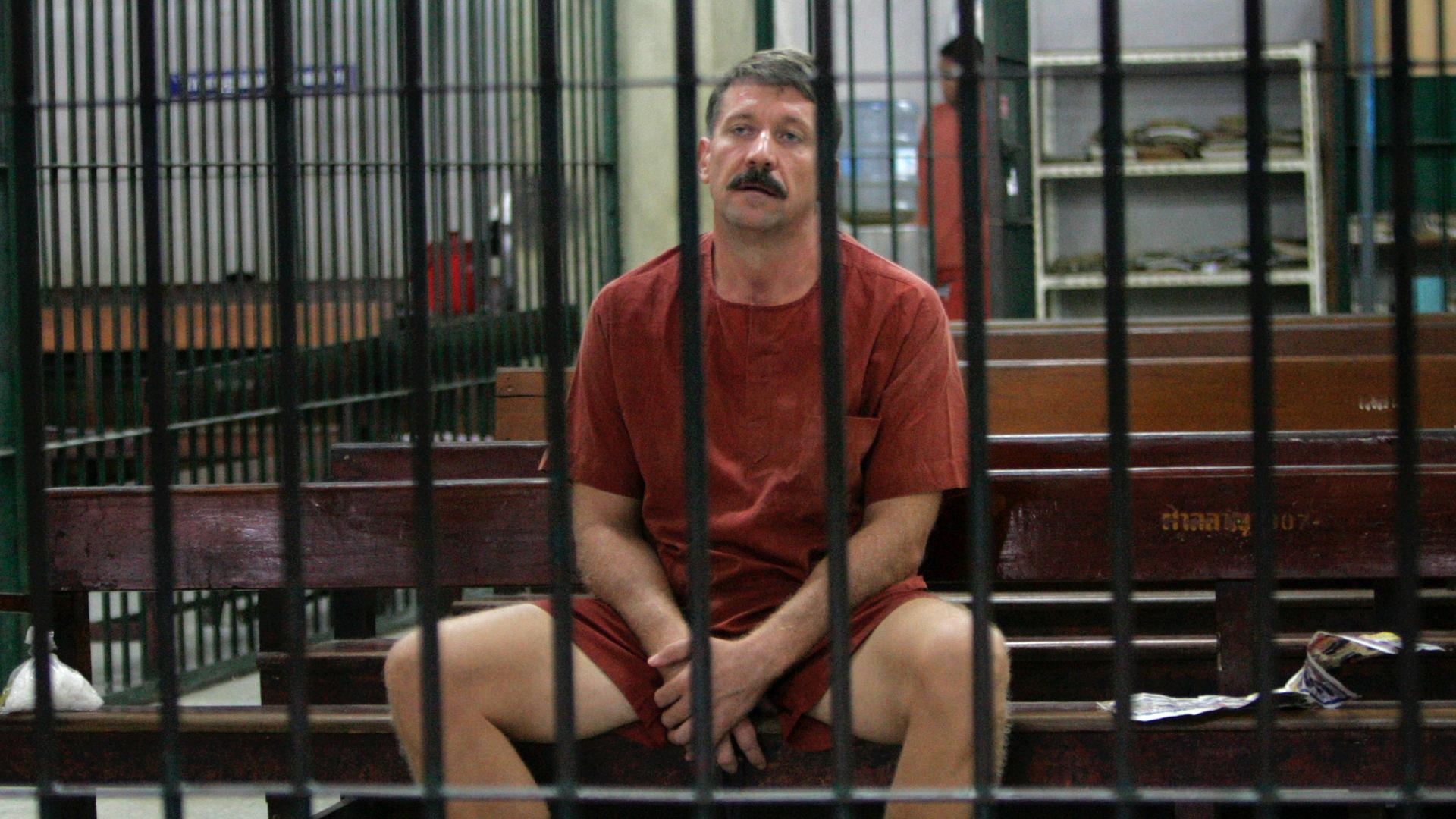The US is looking to free Griner in a prisoner swap. Russia wants Viktor Bout. Who is he?
The 2005 film “Lord of War,” starring Nicolas Cage, was largely based on Viktor Bout, a Russian arms dealer.
His reputation for ruthlessness has earned him the nickname “The Merchant of Death.”
Bout is currently serving a 25-year sentence for conspiracy to kill US citizens and officials. The Kremlin wants him released as part of a potential prisoner swap between the US and Russia in response to the sentencing of American basketball player Brittney Griner two weeks ago in Moscow.
Griner had pleaded guilty to drug charges — for bringing cannabis into the country and was sentenced to 9 1/2 years in a Russian prison.
Griner’s lawyers are appealing the sentence. Meanwhile, officials from the Biden administration have stated that they’ve offered the Kremlin a serious proposal, and they’ve urged the Kremlin to act on it.
So, who is Bout?
“Viktor Bout’s a really bad guy, and he’s caused a lot of havoc in the world, he’s caused a lot of death in the world,” said Witney Schneidman, who was deputy assistant secretary of state for African affairs during the Clinton administration.
At the time, there was a civil war in Angola, between government forces and a rebel group called UNITA.
Schneidman was involved in negotiating a peace deal between the two factions.
“Increasingly, this guy named Viktor B. was mentioned, it was apparent that Viktor B. was selling arms to the government, and he was selling arms to UNITA, i.e., he was fueling the war that we were trying to end.”
And Bout’s operation extended far beyond Angola — he shipped weapons all across the globe.
Douglas Farah is the co-author of a book about Bout called “Merchant of Death.”
“What he did was take those wars that were being fought with machetes and hunting rifles and inject AK-47s, rocket propelled grenades, light anti-tank weapons, attack helicopters into already-existing conflicts, which blew them out in terms of scale and how much damage can be done.”
Bout, Farah said, speaks multiple languages and was an energetic entrepreneur; the Russian operative gained access to Soviet weapons stockpiles that he could sell on the black market.
Russian security services expert Irina Borogan said that Bout’s background played a key role: “He’s a former Soviet military intelligence officer and he kept close connections with Russian military intelligence, and his old connections were very helpful for him.”
Borogan said that it would have been impossible for Bout to operate on the scale that he did without those high-level, security connections.
“It’s clear that he had to inform [the] Kremlin about some of his operations, and it’s clear that some of his operations [were] directed by the Kremlin.”
After some time though, the US and other governments went after him. Eventually, there was a warrant out for his arrest in South Africa, and he was wanted by Interpol. That was in 2002.
Bout was forced, at least temporarily, to retreat to Russia.
CIA Director William Burns said at the Aspen Security Forum that the US then organized a sting operation: “It was in 2008 that the Drug Enforcement Agency lured Viktor Bout from his protected area in Moscow to a hotel room in Bangkok; these DEA agents wanted to buy arms from him, they were posing as members of the FARC rebels, which is the Colombian rebel groups.”
One of the goals of the operation was to connect Bout’s weapons sales back to the US. They wanted Bout to clearly state that his weapons can hurt — and even kill — Americans.
“And when they said they wanted to buy weapons to kill Americans and Viktor Bout said, ‘Yeah, I’ll sell them to you,’ he broke American law. And right then, agents arrested him, they jumped out, the DEA did an incredible audacious sting.”
He was held in a Thai prison from 2008 to 2010. The Kremlin also tried to extradite him to Russia while Bout maintained his innocence.
Bout spoke with the press from behind bars back in 2009: “If they [are] stating I’m the biggest arms dealer, so where is the proof of this? Did you see anywhere any single fact of which date, what exactly, to whom I sold, and where is proof of that? Except the rumors?”
In 2010, Bout was extradited to the US and charged by federal authorities with conspiracy to kill US citizens and officials.
He’s served more than 10 years of his 25-year prison sentence.
Schneidman said that Russia wants him back because he’s a high-profile prisoner.
“He becomes a propaganda piece for the Russian government, to say to the Russian people, ‘Look, we saved our national who was being held unfairly, and we won his freedom.’”
On the US side, there are conflicting ideas about the prisoner deal.
Some say they encourage more unfair detentions, and they also undermine the US justice system.
However, Borogan said that she believes that Bout is no longer a threat, so she supports the idea of a swap.
“The security services, they have their own reasons, the government, they have their own reasons, but I mean, being a human being, you can’t say, ‘No, let this basketball [player] stay in [a] Russian prison,’ you can’t say this, you can’t.”
We want to hear your feedback so we can keep improving our website, theworld.org. Please fill out this quick survey and let us know your thoughts (your answers will be anonymous). Thanks for your time!
